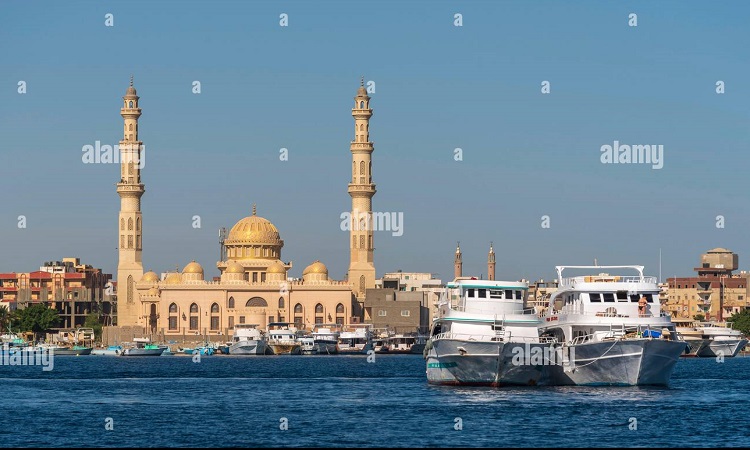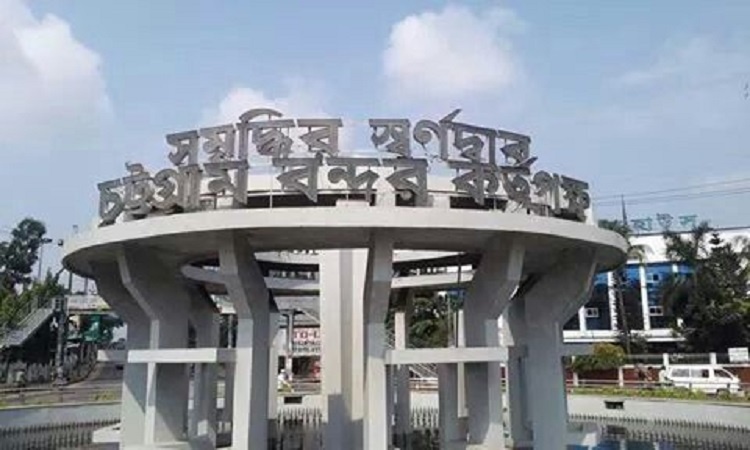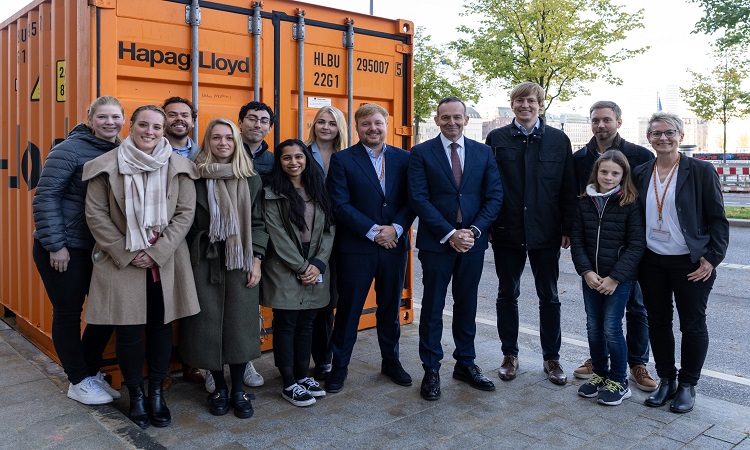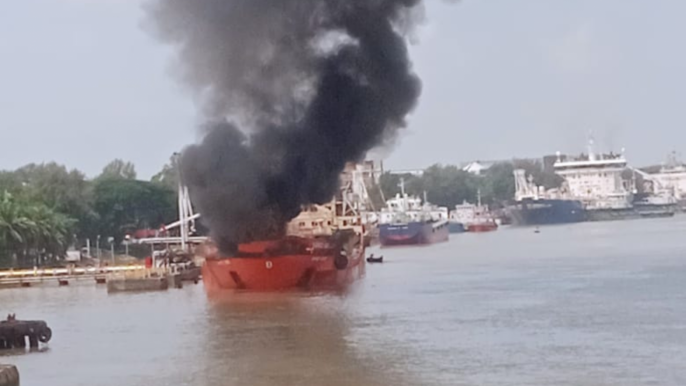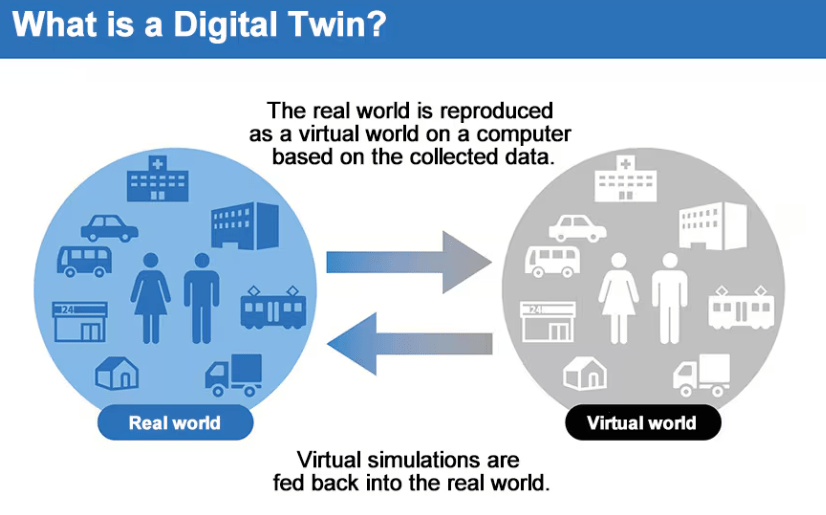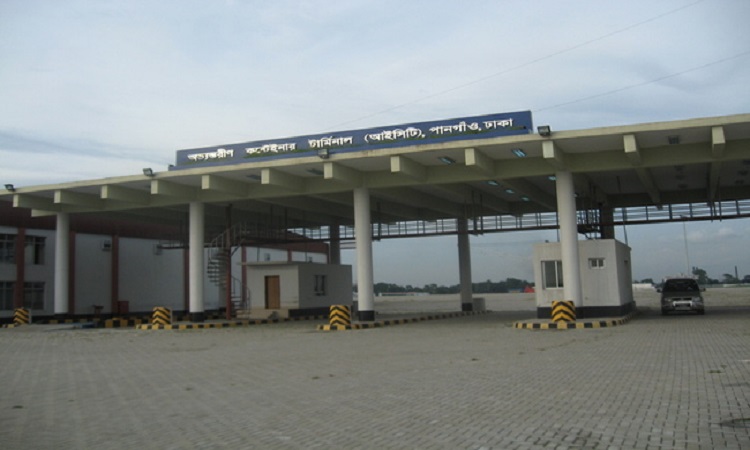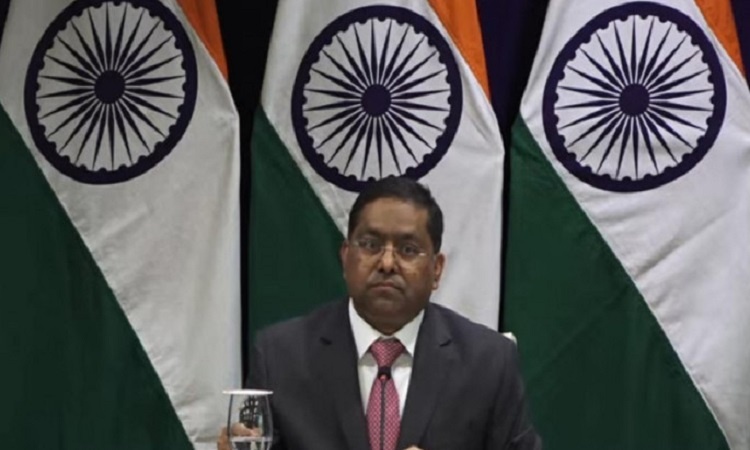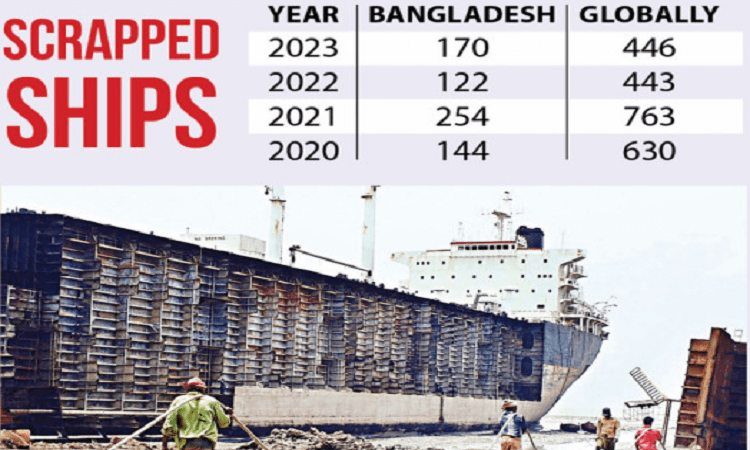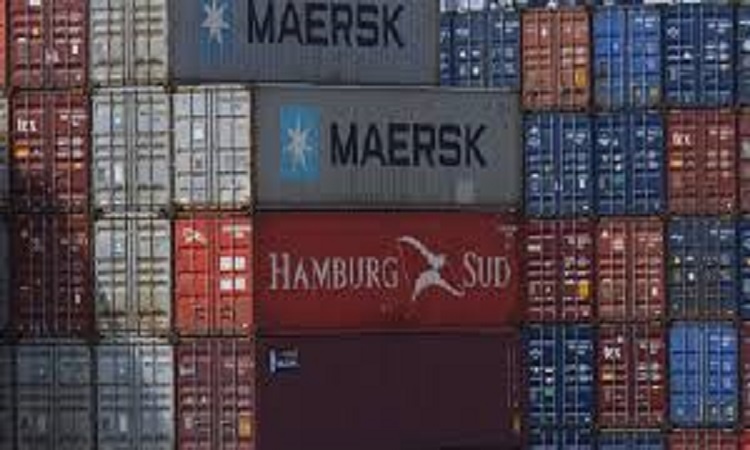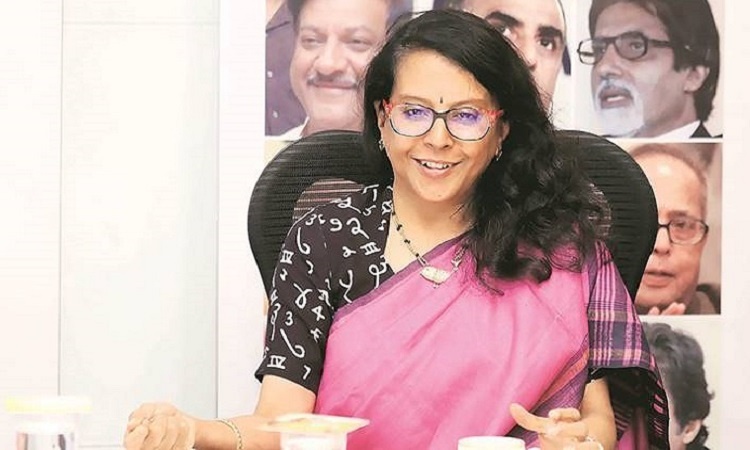In maritime manpower, we have overtaken China and Indonesia’: DG Shipping
The central government is pushing for reforms in training of maritime personnel, in greening the shipping industry and in preparing for a blue economy. Excerpts from an interview with Director General (Shipping) Dr Malini Shankar
You have introduced solar energy in the shipping industry. How practical is this move?
Solarisation of the shipping industry is a long process. There is a whole movement in the International Maritime Organisation (IMO) — called the “greening of ships”. The entire shipping industry contributes 2 per cent of emission of greenhouse gases. And so they are very sensitive on this matter. The IMO has taken a resolution that by year 2030 they will reduce the greenhouse gases by at least 30 per cent compared to the 2008 levels. We are host country for the International Solar Alliance. ISA is an initiative by our own prime minister, and many countries are members of this alliance. For applications of solar power in shipping, we need to do a lot of research and development.
Currently there are one or two solar-powered ships running in the backwaters of Kerala. They made a presentation, and there are two ways in which we can do this. One is on board new ships, which is much easier, or through conversion. We called people who were doing research on this subject. In the next stage we will call business people to see if they are willing to take it up. The Indian Registry of Ships has an R&D wing recognised by CSIR, and we have requested them to take this up.
Has India lost its sheen as far as the quality of maritime manpower is concerned?
By far the leader is the Philippines. We were fourth, today we are second, we have overtaken China and Indonesia. We spent four months collecting data since 2010 on this and validating it. We have crossed 1.5 lakh sea farers who are active on boat. There is a steady increase in all cadres. When we opened it up to the private sector in 1997, we had only five government institutions that formed a part of the Indian Maritime University. We opened it up to the private sector because there was a huge growth in shipping. So now we have over 160 private institutions. So there will be dilution in quality, for several reasons.
There was a cap on the number of institutions. We removed the cap, so existing institutions cannot sit smug if their quality suffers. This was opened up in late 2016.
Then there was no online provision for processing of applications from institutions. Now we are finding that data-based inspections can be done or notices can be issued. So if an institution has for two years only two per cent of their seats filled, it is an indication. We actually alert them asking them to come and explain.
Then there is evolution in technology in ships and people need to be trained, take refresher courses. If you don’t upgrade yourself you can’t get a job on these ships with upgraded technology. But once the saturation point was reached, we should close it down. It wasn’t closed. We have now rationalised the courses.
I was in Lakshadweep and found everybody agrees that the local boys are natural sea farers, the best in the world. But they don’t have proper documents so they don’t get jobs. Also, some Lakshadweep boys have to go to either Kochi or to Chennai, and some of these institutes take advantage of them. No institute can be built in Lakshadweep because of environmental considerations. But in order to obtain a CDC, you don’t need to go for a four or six month courses. We said we will offer 15-day courses where we will give you certificates from DG Shipping. We issued 300 certificates to the boys. In the next phase, we hope to use a job fair in Kavaratti where at least 10 boys can be picked up.
Are any girls taking these classes? What is the percentage of women CDC-holders?
There are girls overall, yes. Radhika Menon is a well known name in this sector, she worked as a captain for Shipping Corporation of India. She is the first lady to win the IMO bravery award. This was three years ago. She and a couple of others got together and formed something called the International Women Sea-farers organisation last September. They have female sea farers from other countries who would like to join. They are taking baby steps. Of 1,40,000 CDCs, 300 are held by women. But as long as more people are getting interested… It is actually the HR of shipping companies who say they don’t want women. But, like every profession, it will take time. Once the luxury cruise ships come calling, more women employees will be picked up.
There are complaints that the port authorities are not competent to deal with water pollution resulting from collisions. What is happening after the oil spills of MV Chitra and MV Wisdom?
Those matters are sub-judice. So part of the negotiations with the state government is that if it is a small amount and the matter remains sub-judice for more than ten years, take a call on going to court or negotiating. We facilitate the negotiation. On damage to marine flora and fauna, I am not sure we have the expertise yet. You have to do a study. Do we have agencies who are really competent to do studies that stand scrutiny at all levels? We have contacted the Central Institute of Fisheries. There is also the question of who pays for it. I think there is work to be done.
Indian insurance firms have stopped coverage for Iranian oil shipments. While Iran has said that it will give insurance, not a lot of Indian firms are comfortable with that insurance. As a result, Indian shippers are going to lose a lot of money. Is there any estimate?
It is a commercial issue. As far as the country is concerned, I just need the Iranian oil to come to the country, irrespective of who is bringing it. Yes, Indian ship-owners can bring it, if they get the insurance. Their problem is they do business with the US also. That’s where you have to find via media and the government is doing its best to ensure that we get the oil. Because our requirement ultimately is not who brings the oil but that the oil is brought because the country needs it.
Have pirate attacks reduced internationally?
It’s come down tremendously. The issue has been addressed at different levels. On the shipping side, they have agreed to what is called the best management practices. Within the ship, you don’t leave certain things open, there is something called the citadel, it has to be known to the crew. Many of these instances of piracy happen in cases where they practices are not followed. On the other side of course are several agencies, the contact group on privacy which looks at what is to be done for Somalia.
Is there a glass ceiling for women in the services? Because we have not had a woman Chief Secretary in Maharashtra.
In Maharashtra it has been only the second or third occasion when a woman was eligible to become a chief secretary. It is not that they have been eligible for 50 years and they have been sidelined. I think yes, in a sense, women have to work harder, especially in the initial years, to establish ourselves. The HR has to be a little more sensitive.

